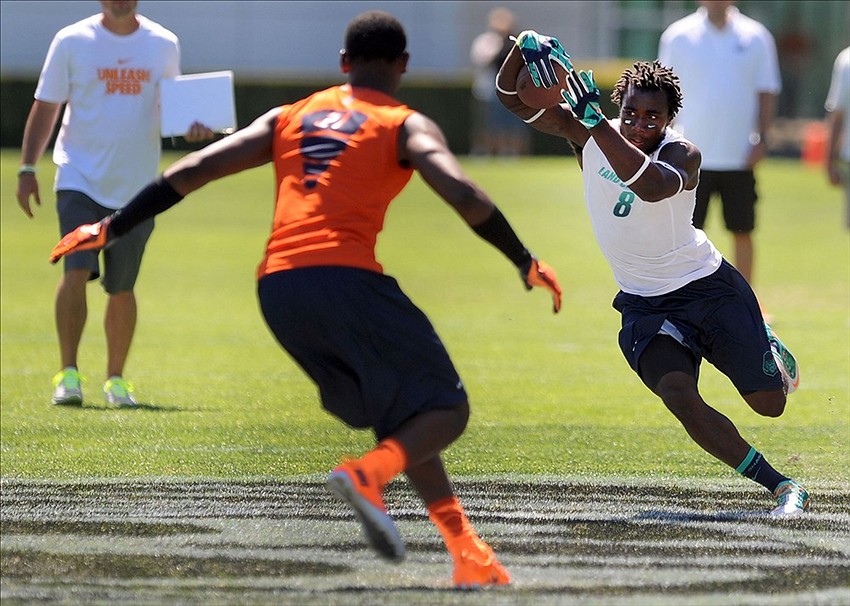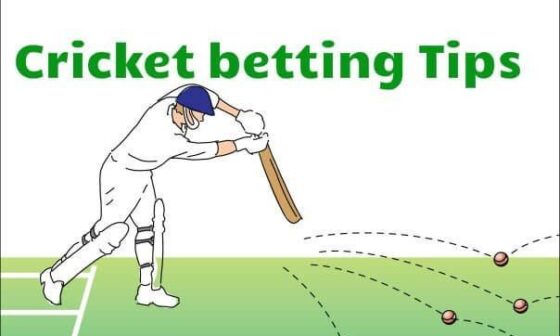Gabriel Jesus’ disallowed goal in the English Premier League for Manchester City against Tottenham Hotspur in 2019, when the video assistant referee (VAR) system gave a dubious handball judgment, massively fueled the already raging controversy about the usage of technology.
Technology has certainly made many forms of gaming and entertainment much better (consider your immersive experience at the best online casino). However, there are some applications of it that are certainly somewhat controversial.
It Takes Away From The Experience
Previously, the referee had the authority to decide whether a handball was inadvertent. The use of technology basically took away the capacity of authorities to apply judgment. One of such instances was Jesus’ handball. Because of the implementation of VAR, the handball regulation was altered in March 2019. A handball that provided the player handling the ball an advantage would be penalized under the new rule, even if it was unintentional.
The introduction of any technology may alter the spectator experience — and not always in a positive way. Technology helps to eliminate mistakes, which is critical in today’s high-stakes sports events.
However, it also implies that a goal might be scored, applauded, and then disallowed, implying that stadium spectators do not react in a spontaneous manner. Instead of jumping up and down with joy when their side scores or takes a wicket, they must wait for technology. It just isn’t the same.
Another concern is that when VAR is employed, fans are frequently unaware of what is going on on the field. For the 2021-22 Premier League season, the use of giant screens in stadiums to replay VAR judgments has been permitted, allowing fans to see the event and better comprehend what is going on. However, the procedure continues to be criticized, and it is still unclear if fans should be shown the complete VAR decision-making process.
Bad Behavior On Player’s Part
Fans know that differences in legal interpretations across nations might affect authorities’ and athletes’ behavior. It’s maybe still a bit early to say how VAR will affect soccer in the long run, but fans do know that technology has influenced cricket player behavior.
There have been instances when player behavior has influenced the technology’s removal. The infrared imaging system Hotspot is used to determine if a ball has hit a batsman, bat, or pad. However, it was removed from the DRS when it was discovered that adding tape around the edge of the bat might mislead the thermal imaging cameras used to detect the heat produced by friction when a ball struck a bat, no matter how softly.
Umpires Are Also Humans
Technology may also put match officials under a lot of strain, which can lead to poor results. Following the use of DRS in the first 2019 Ashes test match between England and Australia, a number of on-field umpire rulings were reversed.
During a test match, umpires might stand for up to five days, so a series of bad rulings can build up the pressure throughout the length of the game. This is exacerbated by the fact that the umpire is aware that their judgment may be contested and reversed at any time utilizing technology.
Media exposure and the use of technology in the game put pressure on cricket umpires as well as soccer officials, at least in part. This is especially true for soccer officials, who are often in the news.
Leveling The Field Of Play
With the demands, it’s difficult for authorities to accomplish their tasks correctly. However, keep in mind that various sports in different nations have distinct challenges in terms of technological implementation.
In professional sports, there is a lot of money on the line, and careers may be made or broken by a single choice. As a result, athletic administrators must consider the effect of any changes to their sports on the live and broadcast “product,” which is sold for millions of dollars in TV rights agreements all over the globe.
They’ll have a serious issue if fans quit watching and television firms stop paying. When it comes to technology, it seems that one should be cautious about what one desires.







